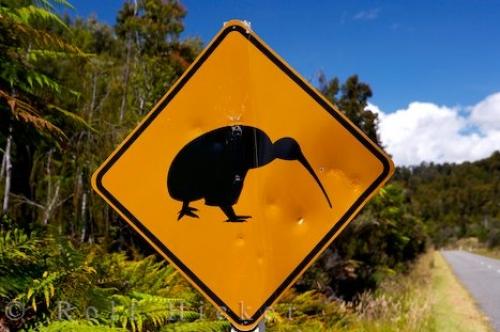Otumoetai Rotary show that the Brown North Island Kiwi is stuffed.
 Carol brought a stuffed male brown North Island kiwi into show us, There was also an egg with the kiwi which is a genuine Otanewainuku egg.
Carol brought a stuffed male brown North Island kiwi into show us, There was also an egg with the kiwi which is a genuine Otanewainuku egg.When Kiwi were evolving there were no predators apart from the giant eagle hence they became nocturnal. They have the shortest beak in the world. This is because the nostrils are right at the tip. They don’t need to see very well. They have tiny ears and tiny wings. The feathers are rough on the outside to keep the rain out and soft underneath. They have very strong legs. They can run very fast and can kickbox.
They can fight off rat, stoats and possums. They are feisty but they are vulnerable in the chest area making them vulnerable to dogs. Roughly 7 Kiwi are killed by dogs every week. The Kiwi have no fear so will sleep in open places and they won’t back off predators.
The chicks are vulnerable to stoats. Of 100 chicks born in the wild 70 will be killed by stoats and 25 will die from other causes so only 4 or 5 will survive to adulthood. There used to be 70, 000, 000 in the wild now there are 70, 000 and numbers are still diminishing.
By the year 2000 only 5 chicks could be heard in the Otanewainuku area. This was why the Trust developed a plan to ensure the survival of Kiwi in the wild.
The Trust area is 25 minutes from Te Puke – it is an amazing area with 1200 hectares of forest that has never been logged.
Volunteers will check trap lines in the Trust area every two weeks. The are 144kms of trap lines. Stoats are trapped all year round and then once a year there is a poison operation just before breeding season in August and September to deal with rats and possums. The trapping programme has been running for 14 years.
Our Vision To grow as a vibrant and professional group of diverse, supportive members who make a positive difference by supporting the community.
When the kiwi are put in the forest they wear a tracker around their legs. The eggs are taken off the nest after 60 days and they are given to Kiwi Encounter to hatch and raise them in a Kiwi crèche. The Kiwis then come back to the Trust area and are released. When this happens the Trust volunteers will hold a party.
One of the benefits of the work of the Trust is the increase in other flora and fauna. The North Island Kokako have increased in great numbers and make beautiful sounds.
